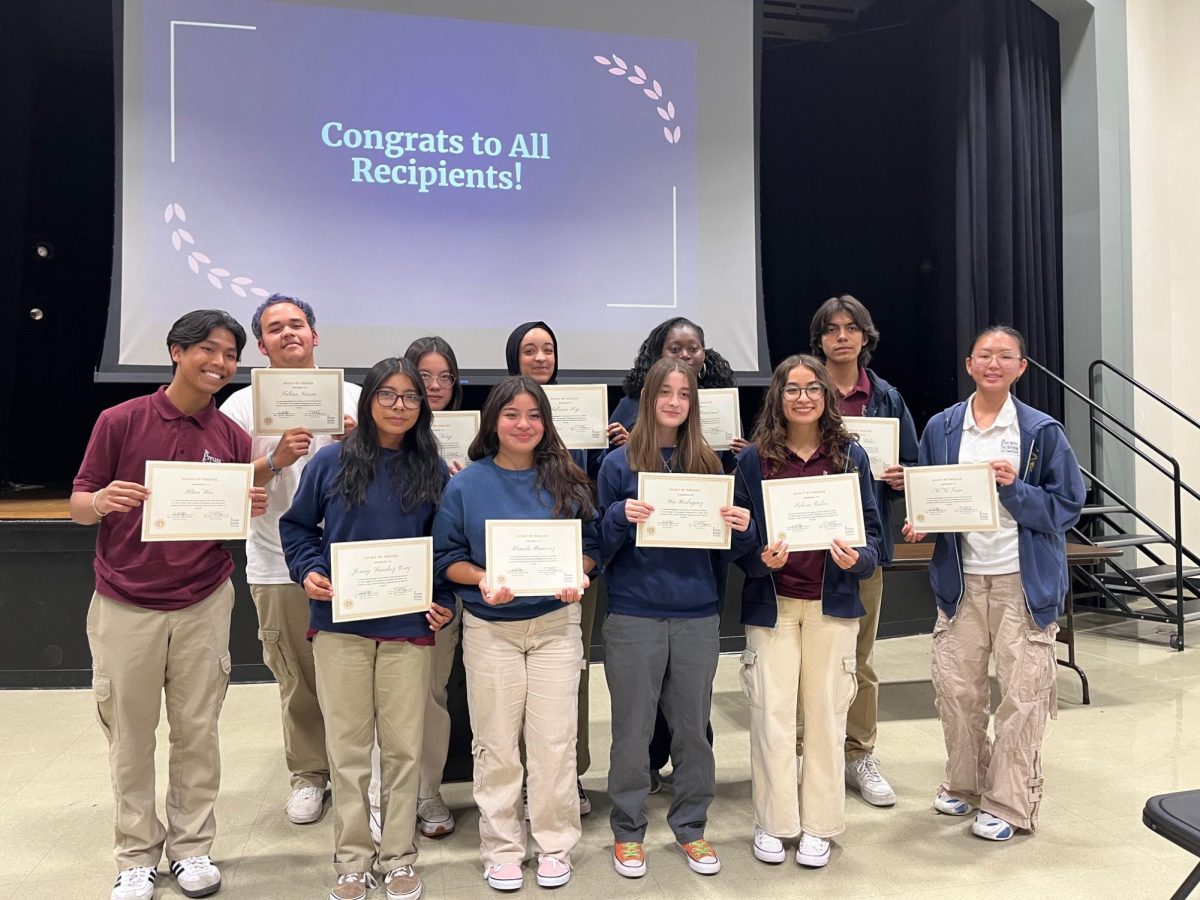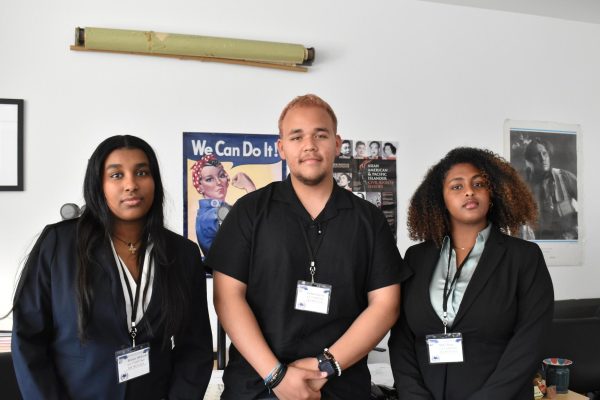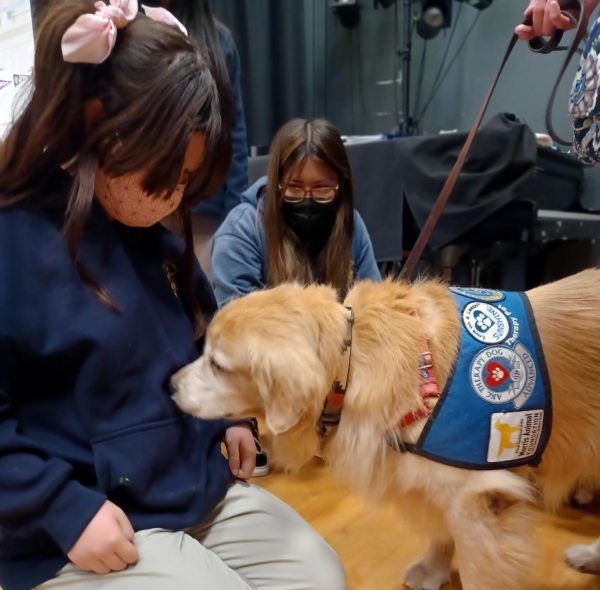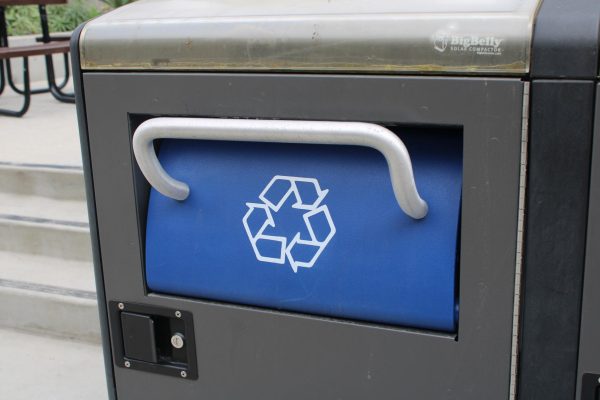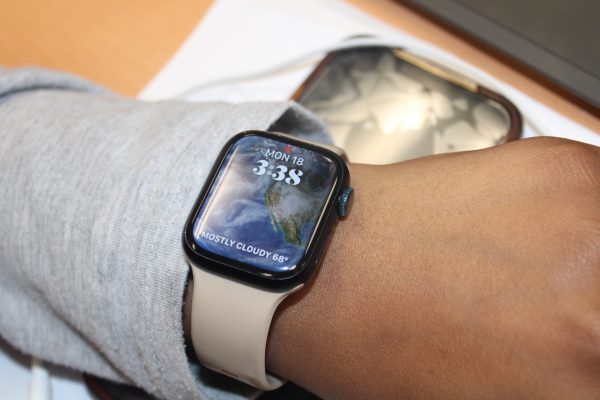Female Representation Influence Larger Audiences
October 21, 2022
Male superheroes have been the center of attention regarding power, strength, and heroism since the first superhero to enter major media: The Phantom. Women’s involvement in comics, media, and entertainment has traditionally revolved around the idea of a damsel in distress.
“Growing up with exposure only to the strength and intelligence of men may cause women to enter adulthood less confident, less ambitious, and less interested in the success of themselves,” Mari Brooks comments in How Female Superheroes Empower Women to Lead.
Brooks speaks about how she loved watching superhero movies and witnessing heroism in the theaters. Nevertheless, when she watched Wonder Woman for the first time she felt empowered and inspired. This illustrates the need for more female superheroes to be fabricated in movie productions and comics. Wonder Woman is an inspiration for not only Brooks but many young women.
“If the constantly repeated story is that women and girls are not leaders, are not working in professional settings, are not agents of their own lives but merely adjuncts to others, and are sometimes not even present at all, it can reinforce or foster societal undervaluing of women and girls,” Carolyn Cocca describes in her book Superwomen: Gender, Power, and Representation
Although Marvel is working to spotlight these powerful and confident female superheroes on screen, to inspire the youth, these women are still being stereotyped and foreshadowing unrealistic features.
“Although powerful female superheroes might promote egalitarian beliefs about gender roles, their objectified nature might negatively affect girls and women’s body image and self-objectification,” explains Alyssa Navarro in her article The Problem with Marvel’s female superheroes.
This issue contradicts the idea of female superheroes as a whole. These characters are created to provide an alternative perspective on superheroes and women and instead, this problem feeds into the stereotypes that women face daily. Not only should there be an increase in the features of female superheroes, but they should also be culturally and physically diverse. This will provide a healthy perspective for young women in society.
Constantly foreshadowing weakness in women in comics and major media will enforce a false perception of what women are capable of. Exposing young girls to only male superheroes being saviors will limit young girls on what they can set their minds to. If they’re able to witness these female superheroes fight off enemies, survive aggressive battles, and illustrate intelligence, it will provide them with the strength and confidence to expand their horizons.

